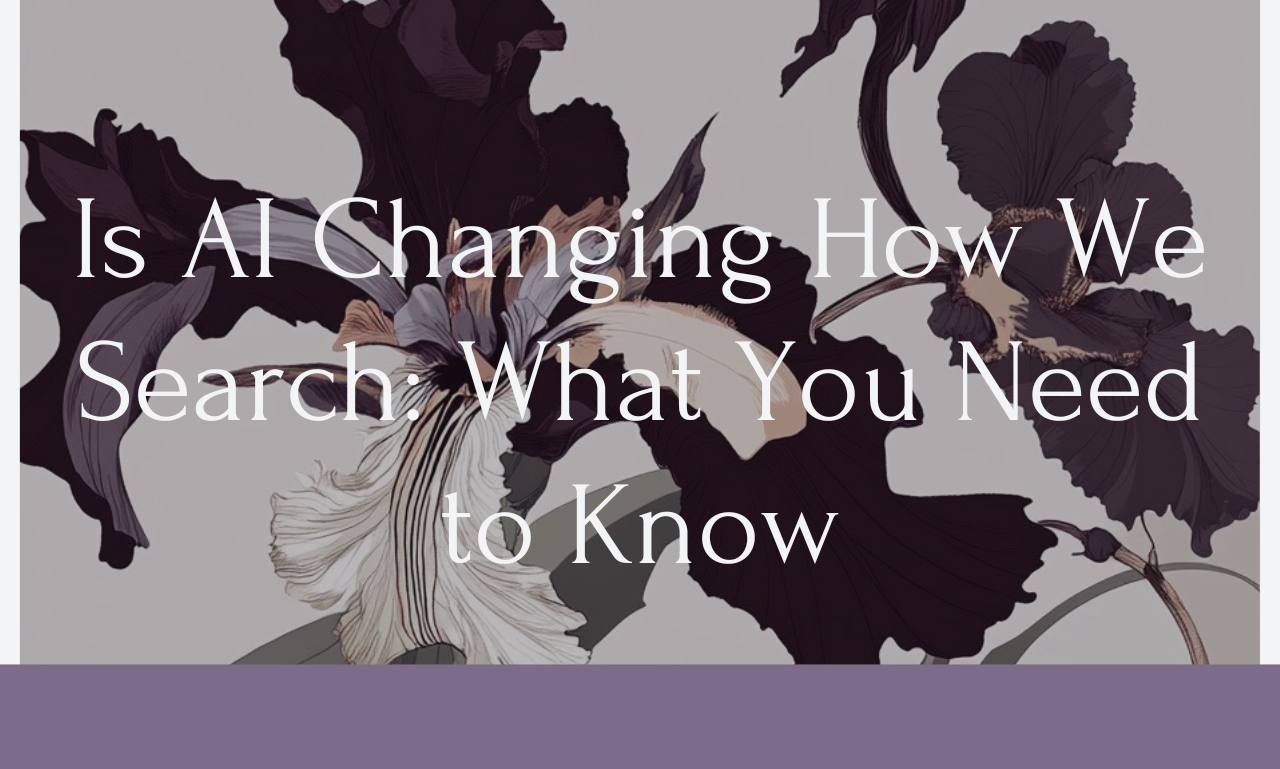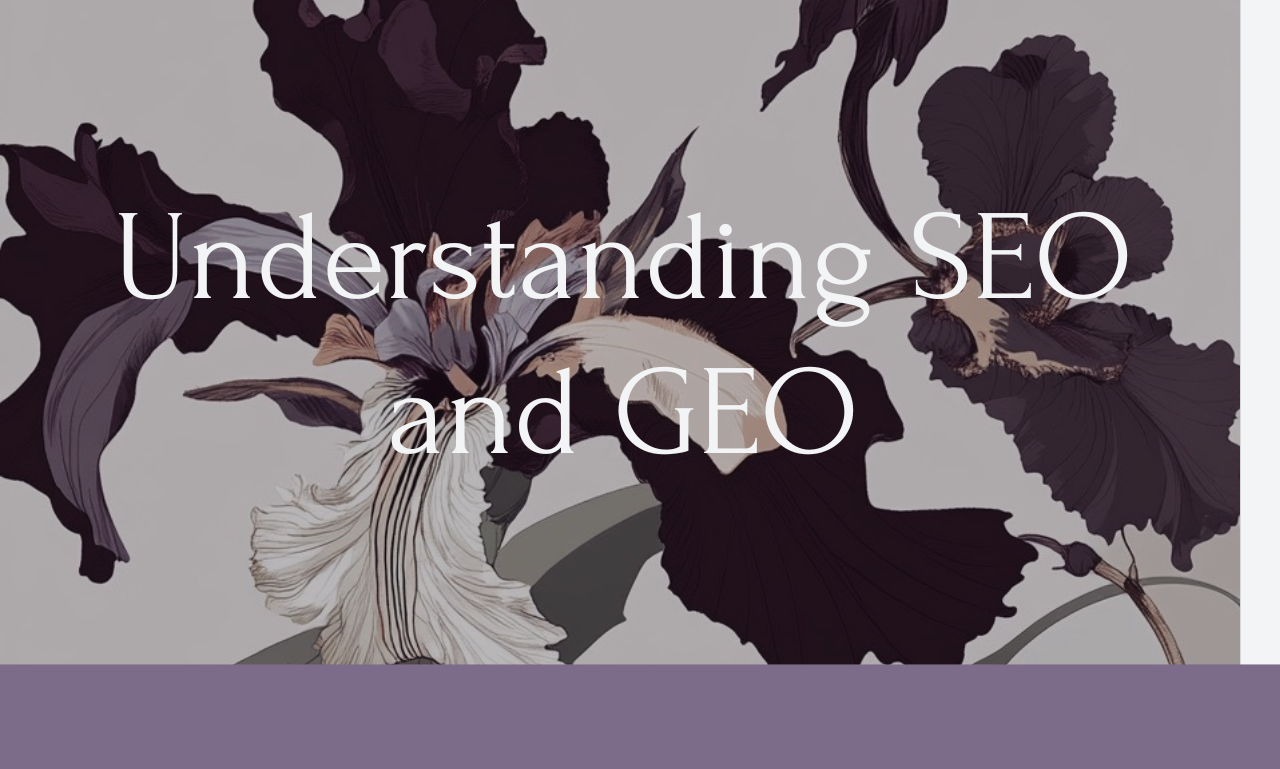
Is AI Changing How We Search? What You Need To Know
Is AI Changing How We Search? What You Need To Know
AI (or what’s being marketed as “Artificial Intelligence”) seems to be all anyone can talk about these days, LLM (large language models) and other tools having broken the barrier of tech-geekery and cutting edge into the mainstream. Whether it’s your grandma, your hot sauce brand, or your water company, it seems to be everywhere and so far the reviews are… mixed.
If the typical LinkedIn feed is any indication of real life, it seems that while everyone has very big feelings and opinions, they are all opposing in nature.
On the one hand, we see the education system in crisis over the quality of work both students and teachers may be turning in. On another, we see talks about rapid growth and expansion in fields as varied as marketing and healthcare.
Adoption of LLM’s and automation processes like ChatGPT, Claude, and Perplexity have been quick (like, really quick), but there’s still research indicating that as many as 95% of AI initiative fail.
(All that and we haven’t even gotten to the environmental impact or the impact to resources represented by increased LLM usage OR what all that scraped data might mean for Intellectual Property and copyright laws…)
Whether or not you’re an early adopter or a skeptic or somewhere in between, the truth is a lot of people are using automations and LLM’s now. One big place we’re seeing the effects of that is in how people search. Google has long been the king of the internet search, but more people are turning to their LLM of choice to ask questions and deliver answers. Google’s AI overviews replace their own search results often now too.
The rates at which this change occurs decreases with users’ age. The youngest people are the most likely to use LLM’s for questions and tasks that older users would use a search engine for. All of which will have an impact on how your business needs to respond to changing SEO and GEO (Generative Engine Optimization, but sometimes it’s called AEO for Artificial Engine Optimization), practices.
What does this mean for SEO and SERPS?
The truth is… not much has changed… yet. While the way we’re searching has changed, the results are still relatively the same. If a webpage is cited in a Google AI overview, they were likely already a top ten on the regular Google search feature.
It’s important to know that there are major differences in how people are searching and that in these early days things will change very quickly.
Prompts, rather than queries, phrases rather than keywords, and meaning rather than repetition will ultimately lead to major changes in how businesses, brands, and marketers will need to adjust their digital strategies.
There’s a lot of fear, especially for small businesses, but right now there is also the greatest opportunity to adapt and capitalize on these changes.
SEO is Dead, Long Live SEO
If you already have a solid foundation for your website and content, the shift from traditional search engines to more LLM led searches isn’t going to have much effect on the bottom line. Website clicks and visits may shift down, but it’s important to understand how that’s only one metric and one metric has never been a determinate to success.
Plenty of the usual SEO tools have already adopted LLM-ranking criteria, including SEMRUSH and Ahrefs. We’ll continue to see LLM-centric providers and tools develop and with them a new slew of best practices.
But as long your website and other online channels focus on creating quality content that speaks to your ideal customers, you’ll be able to find and capture their attention.





